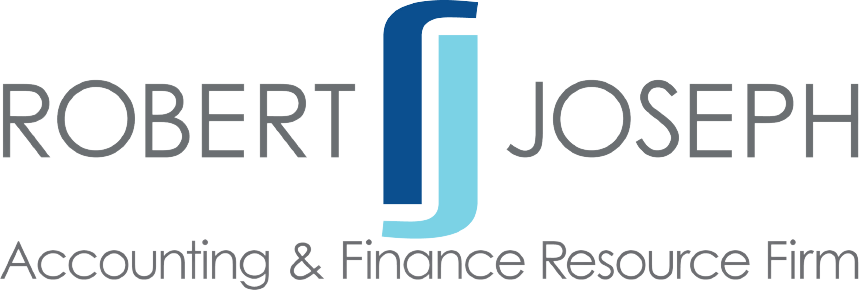Preparing for Tax Day
“Failure to plan is planning to fail.” –Benjamin Franklin
In a more humorous vein, Ben also reminded us, “Nothing is certain except death and taxes.”
With the certainty of April 15 on the horizon, it’s not too early to start planning. (The IRS will begin processing tax returns as early as January 23, 2023). Most businesses spend the first quarter gathering paperwork, sending and receiving forms, and calculating deductions to gear up for the “big day.”
That’s a smart move for businesses and individuals — the process can be complicated, and failure to submit your tax return on time without filing for an extension results in fines.
Here is a brief overview of what you need to help prepare for tax day.
Choose and Meet with Your Tax Preparer
Due to the complexity of the tax code, the legal liability, and the potentially high cost of “missing something,” most businesses choose to work with an external accounting firm or Certified Public Accountant (CPA) to prepare their tax returns. Finding someone you trust is the first step toward a successful tax season.
Hiring a CPA to prepare your personal tax returns is not legally required. However, suppose you have made significant life changes in the last year, such as a career change, changing your marital status, or having a child. In that case, you may fall into a different tax bracket making yourself eligible for additional deductions and credits.
In addition, tax time can be a little dicey if you are a small business owner or a freelancer. Therefore, for your peace of mind and optimal results, hiring someone well-versed in the tax world to walk you through the process is wise.
Start Gathering Forms and Information
There is a plethora of paperwork to weed through during tax time. Start gathering records of income and expenses. You will need things like:
- Form W-2
- Form 1099
- Form 1098
- Rental property income
- Investment Income
- Alimony income
- Social security benefits
- Charitable contributions
- Revenue received by other means (such as scholarships, gambling, or jury duty)
In addition, gather receipts of your business expenses and other tax-deductible purchases throughout the year. If you choose to itemize your deductions, having those receipts and categorizing them is crucial. Another option is taking a standard deduction, which is determined by your filing status. Check with your CPA about which is best for you and what information they need.
Evaluate Deductions and Credits
Deductions and credits provide the same end through different means. Deductions lower your taxable income by subtracting expenses and other purchases from your total revenue, while credits remove a dollar-for-dollar amount from your total tax bill. Ultimately, they both result in you paying fewer taxes to Uncle Sam. Talk with your CPA and see which deductions and credits are advantageous for you.
Popular deductions and credits include the following:
- Child Care Credit
- Adoption Credit
- Lifetime Learning Credit
- Residential Energy Credit
- Medical Expenses Deduction
- Self-Employment Deduction
- Home Office Deduction
At The Robert Joseph Group, we work with only the most exceptional firms, accounting teams, and accounting and finance professionals. We believe in the vital part they play in the structure of the workforce! Whether you are looking for new talent to add to your team or taking a forward step in your career, we can help you find your match! So call us today, and let’s get started!
